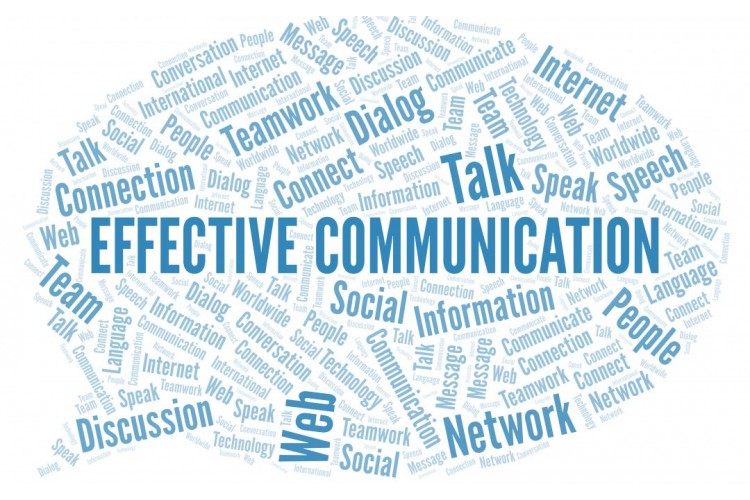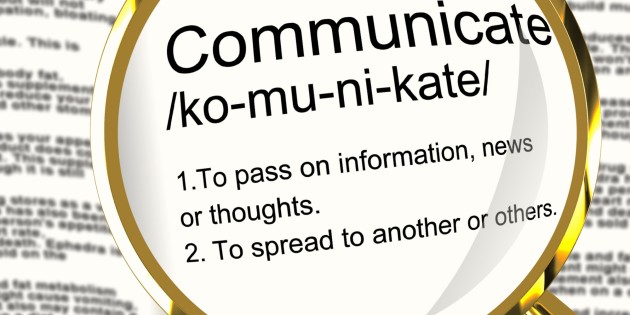
5 Keys to Effective Communication!
Communication is a two-way process. It involves both sides of how we send and receive the message. Effective communication skills are vital to success in many aspects of life. Many careers need influential communication skills. People with good communication skills also usually hold better interpersonal relationships with friends and family.
Effective communication is therefore an essential interpersonal skill and learning how to improve your communication has many benefits. However, many people find it difficult to know where to start.
Eskillworld's effective communication course sets out the most common problem areas and suggests where you might focus your attention.
Identifying Problems:
Many people recognize that they have difficulty with communication skills, but struggle to know where to start to improve. There are several ways that you can identify particular problem areas, including:
a) Ask your friends, family, and colleagues to advise you.
b) Improve your most common problem areas.
5 Keys to Effective Communication:
a) Be positive: Raise your hand if you ever felt inspired after communicating with a negative person. Do you see any hands? I don't. One of the most prominent keys to effective communication is to enter conversations with a positive, upbeat mindset. If you want to be an effective communicator, you can't be a downer. People avoid talking with others who drain them.
b) Be a good listener: Effective communication starts with good listening skills. "Seek first to understand, then to be understood." This statement by Covey does not indicate that good listening skills will keep you from expressing your ideas or opinion. It simply means you don't start there. Instead, you start with listening to understand the other party's perspective.
c) Be an echo: "Active listening" Active listening is when you occasionally repeat, or echo, key phrases said by the other party. By doing this, you show that you are interested in the conversation. One word of sign: if you overuse active listening, your repetitions will lose effectiveness and become irritating. The rule is to repeat "key phrases" and only do so "occasionally."
d) Be a mirror: A way to connect with people by mirroring some of what they do. Most people do this openly without understanding it, but the best communicators touch on this strategy to promote more effective communication.
e) Be real: More than anything, be you. Not the performer you. Not the pretend you. Not even the plastic you. The personal you will do just fine.
Effective communication is therefore an essential interpersonal skill and learning how to improve your communication has many benefits.
Eskillworld's effective communication course sets out the most common problem areas and suggests where you might focus your attention.
